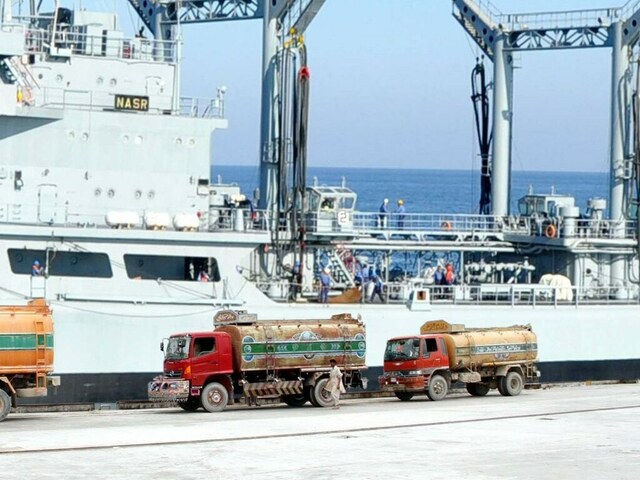ghazi52
PDF THINK TANK: ANALYST

- Joined
- Mar 21, 2007
- Messages
- 104,005
- Reaction score
- 106
- Country
- Location
,..,.,
The gas distribution company, in a notice to the Pakistan Stock Exchange (PSX), said that in view of potential gas shortfall in the forthcoming winter, the Ministry of Energy (Petroleum Division) has advised to explore all possible options to meet the energy needs of consumers, including supplying LPG cylinders.
“Accordingly, the Board of Directors of SNGPL in their meeting dated September 28, 2022, has approved the project of LPG distribution with 100,000 cylinders,” read the notice.
SNGPL informed that the estimated initial investment for the said venture is up to Rs1,200 million.
“The return on investment is not subject to the present Return on Assets (ROA) regime and will be determined as per market dynamics,” the company said.
Earlier, trade bodies including the Businessmen Group (BMG) and Karachi Chamber of Commerce and Industry (KCCI) proposed Prime Minister Muhammad Shehbaz Sharif to summon an emergency meeting on top priority to extensively discuss the overall gas demand/ supply situation in addition to exploring ways and means of how to efficiently deal with gas shortages during this year’s winter season.
In the letter, they said that the winter season this year is expected to be harsher due to the after-effects of climate change, which would require an extraordinary plan of action for dealing with the anticipated gas crisis but unfortunately, no measures have been taken so far.
The bodies said that there had been continuous supply shortfall of gas in the year 2021 when the general industries of Karachi faced around 12 hours of load shedding which started on 1st January 2021 till December 2021 and the gas supply during last three months, i.e. October, November and December, was dreadful.
Gas shortage has become a massive issue in Pakistan, with the situation worsening especially during the winter months, as demand for heating rises, affecting both households and industries.
Gas shortfall in winter:
The Sui Northern Gas Pipeline Limited (SNGPL) on Monday said that it will distribute 100,000 Liquefied Petroleum Gas (LPG) amid an expected gas shortage in the upcoming winter.The gas distribution company, in a notice to the Pakistan Stock Exchange (PSX), said that in view of potential gas shortfall in the forthcoming winter, the Ministry of Energy (Petroleum Division) has advised to explore all possible options to meet the energy needs of consumers, including supplying LPG cylinders.
“Accordingly, the Board of Directors of SNGPL in their meeting dated September 28, 2022, has approved the project of LPG distribution with 100,000 cylinders,” read the notice.
SNGPL informed that the estimated initial investment for the said venture is up to Rs1,200 million.
“The return on investment is not subject to the present Return on Assets (ROA) regime and will be determined as per market dynamics,” the company said.
Earlier, trade bodies including the Businessmen Group (BMG) and Karachi Chamber of Commerce and Industry (KCCI) proposed Prime Minister Muhammad Shehbaz Sharif to summon an emergency meeting on top priority to extensively discuss the overall gas demand/ supply situation in addition to exploring ways and means of how to efficiently deal with gas shortages during this year’s winter season.
In the letter, they said that the winter season this year is expected to be harsher due to the after-effects of climate change, which would require an extraordinary plan of action for dealing with the anticipated gas crisis but unfortunately, no measures have been taken so far.
The bodies said that there had been continuous supply shortfall of gas in the year 2021 when the general industries of Karachi faced around 12 hours of load shedding which started on 1st January 2021 till December 2021 and the gas supply during last three months, i.e. October, November and December, was dreadful.
Gas shortage has become a massive issue in Pakistan, with the situation worsening especially during the winter months, as demand for heating rises, affecting both households and industries.



